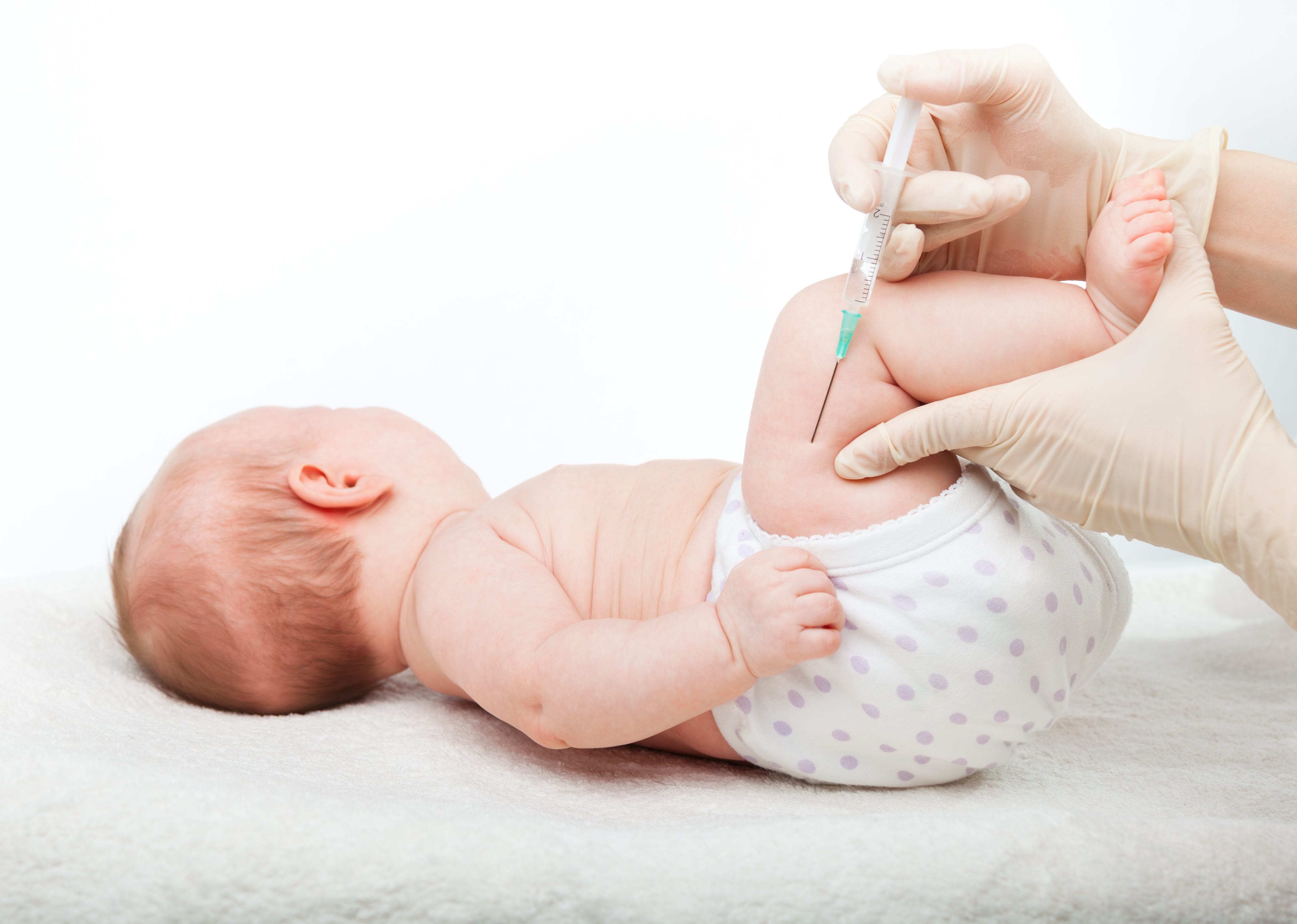
VACCINATION: IT'S NOT WORTH THE RISK
Tuesday, 16 de June de 2020 - 12:32
Even with the world struggling with the challenge posed by COVID-19, health authorities reinforce the importance of vaccination to prevent the outbreak of other diseases. Hence the importance of adhering to the vaccination schedule, particularly in children up to 12 months, pregnant women or patients suffering from chronic diseases.
The warning is clear: Do not delay the vaccination schedule. According to national health authorities, vaccination, among other public health measures, guarantees a high level of individual and community protection. In this sense, it is important to enforce the vaccination schedule, particularly in children up to 12 months, pregnant women or patients suffering from chronic diseases.
The National Vaccination Programme (PNV) includes a set of vaccines, with a recommended schedule, completely free and accessible to the entire population. Vaccines take on the role of preventive agents, that is, they help prevent the development or alleviate the symptoms of a disease, making them lighter. This is what happens with measles, whooping cough or tetanus.
Even with the responsible health entities recommending the visit to health units only when strictly necessary, in fact vaccination is a priority. Vaccination dates can and must be met regardless of the vaccine, although there is greater flexibility for some, which may be postponed to a post-pandemic period.
Thus, vaccination should be a priority and is recommended:
· Up to 12 months of age – In order to protect all children early against 11 potentially serious and previously defined diseases;
· At 12 months of age – Against meningococcus C and against measles, mumps and rubella, given the worldwide epidemiological risk of measles;
· BCG for children belonging to groups at risk for tuberculosis or those living in a particular community, with a high incidence of the disease;
· Chronic patients and risk groups within the scope of the PNV;
· For pregnant women – In order to protect the baby in the first months of life, it is advisable to administer the whooping cough vaccine (this may be postponed, but never after 28 to 32 weeks).
It is not too much to remember that:
- Although there are currently health units providing assistance to COVID-19 suspected cases or patients, the areas are physically separated, with no contact or common spaces;
- All recommendations of the Directorate-General for Health should be followed in terms of preventive care: avoid contact with surfaces, avoid greetings, do not touch your hands with your face (mainly mouth, nose and eyes), wash your hands frequently or, if impossible, disinfect them;
- Children deserve extra attention: they should always remain on your lap or in a stroller/chair, to avoid touching potentially contaminated surfaces or objects.
Contact your healthcare centre or family doctor or speak to your Holon pharmacist if you have any questions.
